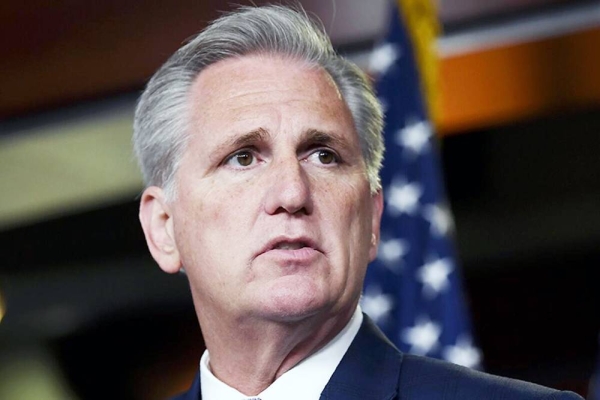
A great deal has happened since the Soviet Union established diplomatic relations with China 70 years ago, not least in the two countries’ relationship with each other and with the West.
There were bitter wars in Korea and Vietnam, where authoritarian socialist ideology confronted capitalism and democracy; the fall of the Berlin Wall and the break-up of the Soviet Union; and the unstoppable ascent of China, starting with the world’s nations recognizing the People’s Republic over Taiwan, or China Taipei as it is referred to on the diplomatic circuit.
That rise continued when China opened for business to market forces and the outside world. Indeed, China now has the world’s second-largest economy and it is only a matter of time until it supersedes the US. Conversely, Russia’s position in the world has been on a steady decline since 1989.
The relationship between the two neighbors has been more often fraught than harmonious. However, it has arguably never been better than now, as they share geopolitical and geo-economic objectives. It was therefore with much fanfare that President Xi Jinping visited his “good friend” Vladimir Putin last week, a delegation of 1,000 senior representatives from politics and the economy in tow. The Chinese president remarked that he had seen his Russian counterpart 28 times in the past six years, more than any other world leader.
Since the US imposed sanctions on Russia, it has had to look elsewhere for investment and economic co-operation. This coincided with the Chinese economy’s thirst for oil, gas and raw materials. Bilateral trade rose to $102 billion last year, 20 percent of Russia’s trade or more than half the trade volume between the UK and the US. Russia has received Chinese investment, but never as much as it hoped for. The Chinese are astute businessmen, and knew how to exploit Russia’s relatively weak position.
The more Washington falls out with China and the harder the West presses Russia, the closer China and Russia are bound to grow.
Cornelia Meyer
In came Donald Trump and his outlook on trade, trade wars and security. China suddenly found its flagship technology company, Huawei, on the entities list amid probably justified concerns about state access to company and clients’ secrets. If anything, this has bonded Russia and China closer.
They increasingly march in lockstep in the UN Security Council, of which they are both permanent members. When it comes to Syria, Venezuela or Iran, they see eye to eye — which made it impossible for the council’s Western members to restrain Moscow’s influence and advances in Syria.
Both countries are also founding members of the Shanghai Cooperation Organization (SCO), which was founded in 2001 and also has Pakistan and several Central Asian Republics as members, with Iran and others as observers. While not featuring prominently in Western press reports, the SCO holds joint military manoeuvers and fosters economic and political co-operation. It can be seen as Russia’s and China’s answer to NATO and Western trade alliances. Given the increasingly toxic relationship between the US and China, we can expect to hear more about the SCO.
There is also China’s Belt and Road initiative, whereby Beijing aims to re-establish the trading routes of the ancient Silk Road. Russia’s view is ambiguous. On one hand, it stands to gain from inclusion, through investment and increased trade. On the other, the Kremlin observes and fears increasing Chinese activity in Central Asia, part of Moscow’s traditional sphere of influence.
To sum up, the more Washington falls out with China and the harder the West presses Russia, the closer China and Russia are bound to grow. The SCO and the Belt and Road initiative were just the start, as the world’s nations re-arrange the deckchairs on the ocean liner “MS World Order.” Nevertheless, there will still be healthy respect and skepticism when the two countries look at each other’s activities, given their history and their at times opposing objectives.












